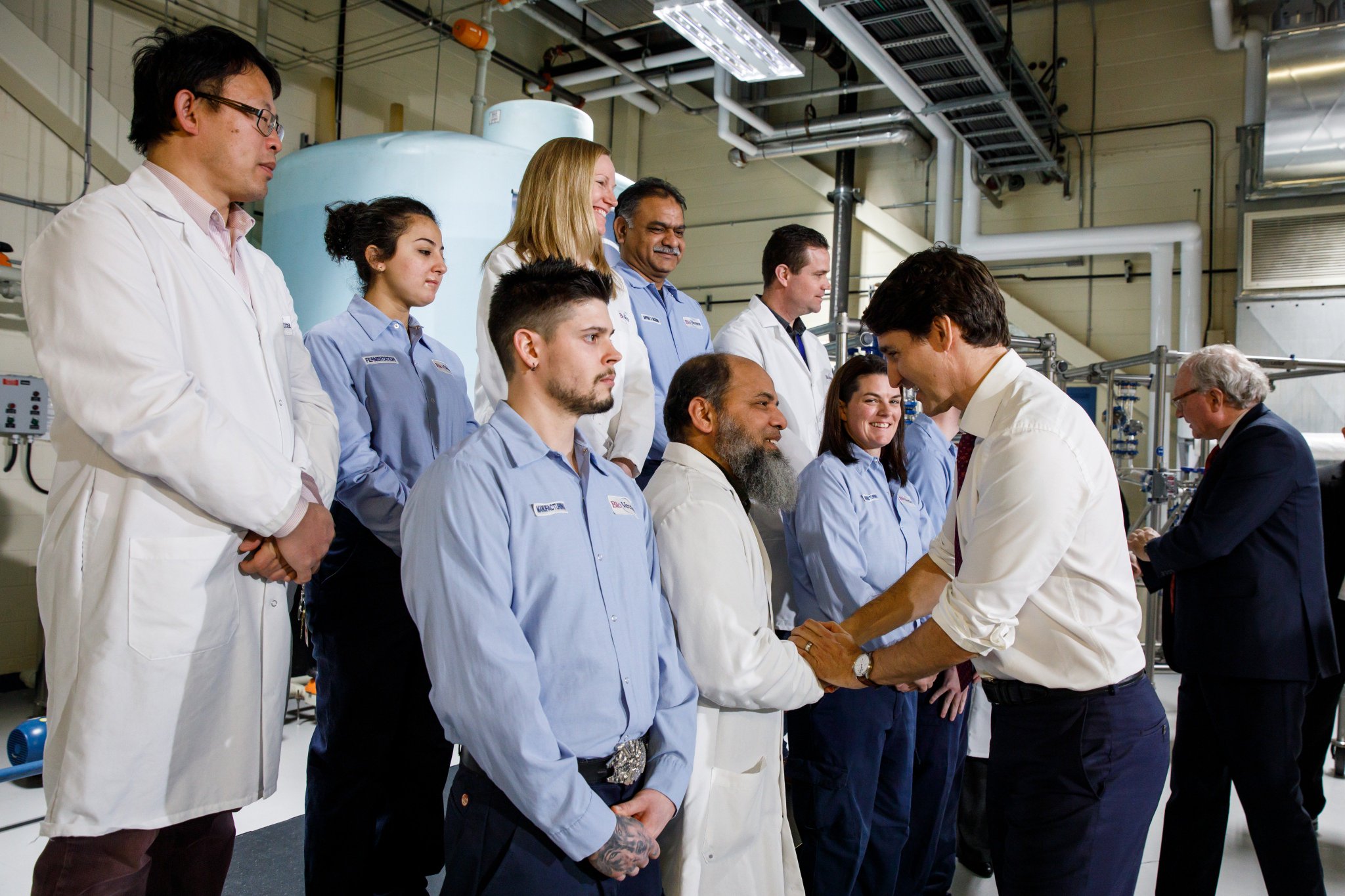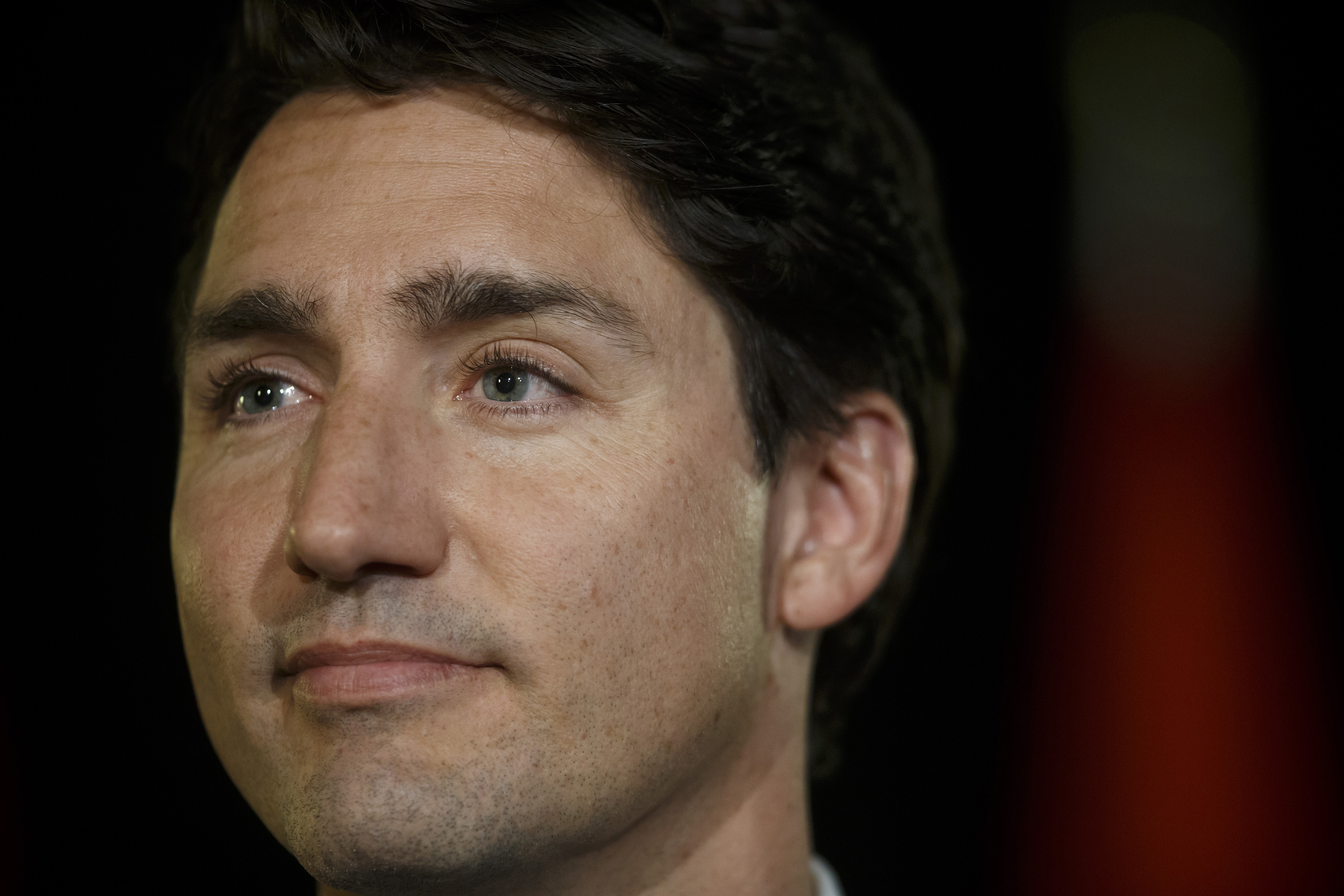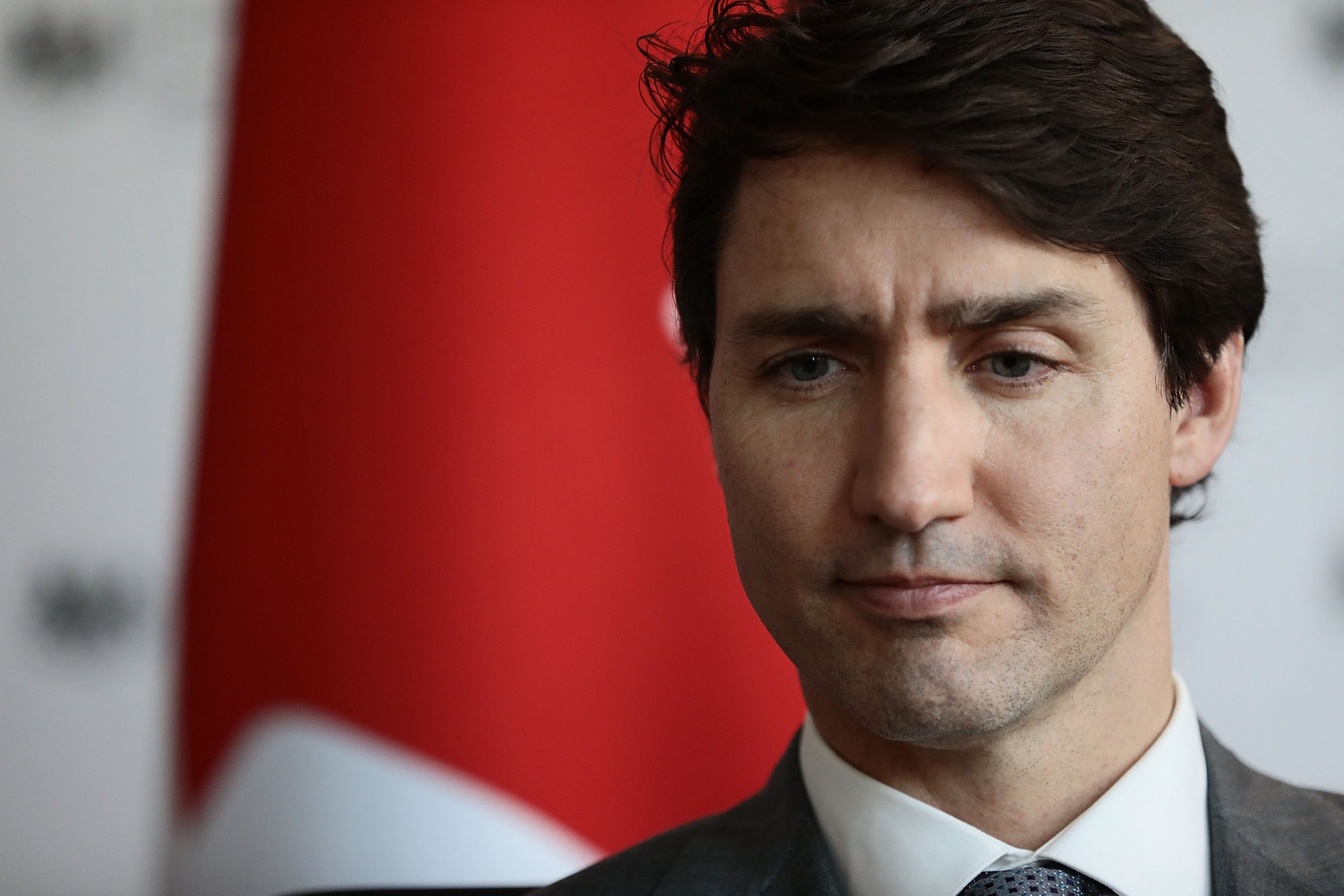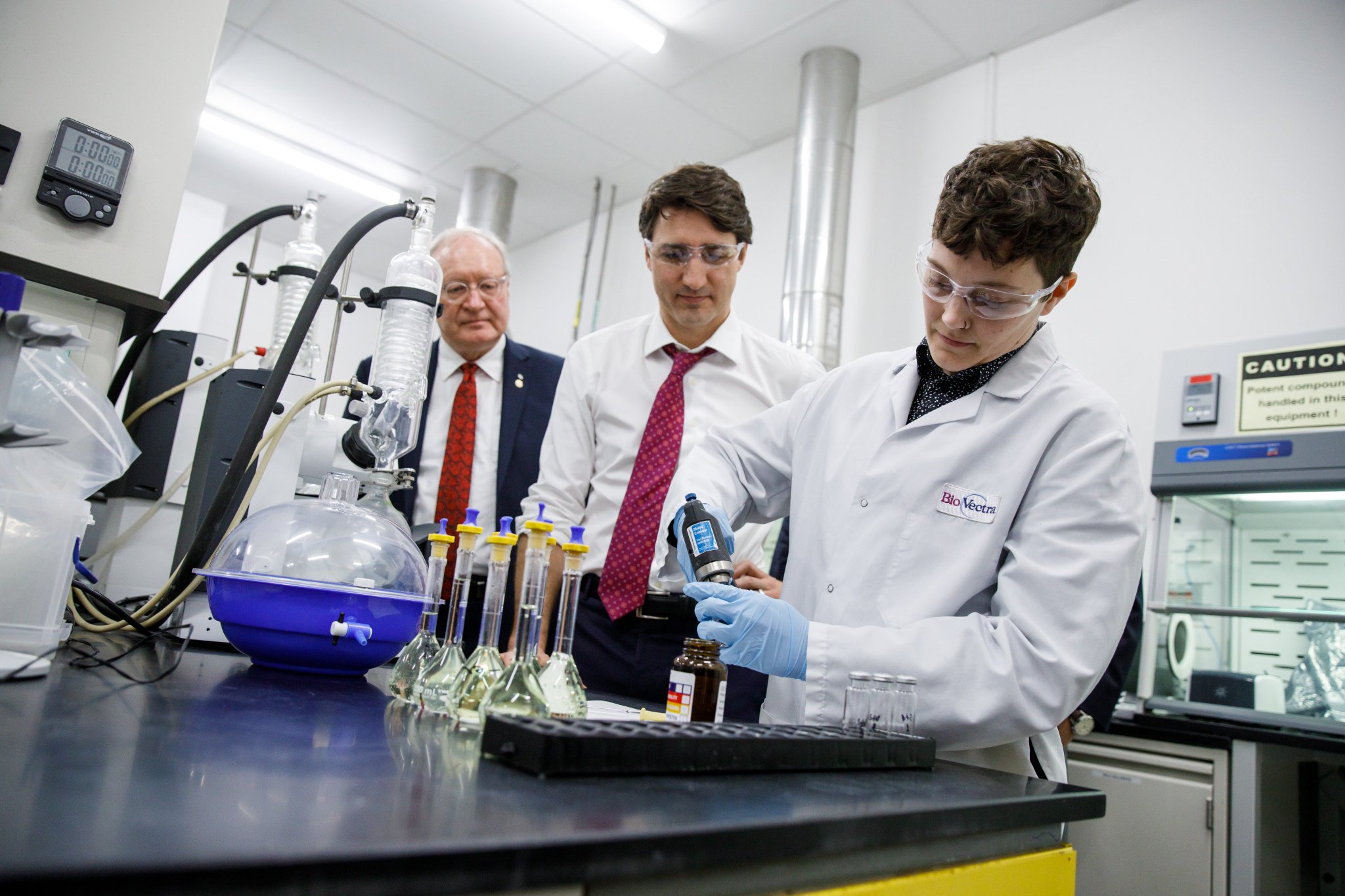Viral News | Explore around Viral and popular News this year
Justin Trudeau Announces Resignation, Paving The Way For New Leadership
After much analysis and information-gathering, we have put together this comprehensive guide to help you understand the key takeaways from Justin Trudeau's resignation.
| Key Difference | Justin Trudeau Announces Resignation, Paving The Way For New Leadership |
|---|---|
| Reason for Resignation | Trudeau stated that he believes it is time for a new leader to take over. |
| Impact on Canadian Politics | Trudeau's resignation is a significant event in Canadian politics, and it is likely to have a major impact on the country's future. |
| Timeline | Trudeau will remain in office until a new leader is chosen. |
- Justin Trudeau's reasons for resigning
- The impact of Trudeau's resignation on Canadian politics
- The timeline for choosing a new leader
FAQ
Prime Minister Justin Trudeau, after more than six years in office, has announced his resignation, opening the door for a leadership race within the Liberal Party of Canada. Mr. Trudeau's departure sets the stage for a period of transition within the federal government as the country faces various economic, social, and political challenges.

Justin Trudeau on Twitter: ".@BioVectra is paving the way for new - Source twitter.com
Question 1: Why has Justin Trudeau resigned?
Prime Minister Trudeau has not publicly stated a specific reason for his resignation. However, his decision comes amid ongoing challenges, including the COVID-19 pandemic, economic uncertainty, and political divisions within the country. Some analysts speculate that Mr. Trudeau's decision may be influenced by a desire to step aside and allow for a fresh perspective and renewed energy within the government.
Question 2: When will Justin Trudeau officially step down?
Prime Minister Trudeau has indicated that he will remain in office until a new Liberal leader is chosen. The Liberal Party of Canada is expected to hold a leadership contest in the coming months, likely culminating in the selection of a new party leader and, subsequently, the next Prime Minister.
Question 3: Who will be the interim leader of Canada?
Until a new Liberal leader is chosen, the Deputy Prime Minister, Chrystia Freeland, is expected to serve as the interim leader of Canada. Ms. Freeland has held several senior cabinet positions in the Trudeau government, including Minister of Finance and Minister of Foreign Affairs.
Question 4: What are the key challenges facing the incoming Prime Minister?
The incoming Prime Minister will inherit a complex array of challenges, including the ongoing COVID-19 pandemic, economic recovery and inflation, climate change, and social divisions. Additionally, the new leader will need to navigate Canada's relationships with its international partners, including the United States and other G7 nations.
Question 5: What is the process for selecting a new Liberal leader?
The Liberal Party of Canada will hold a leadership contest to select a new party leader. The process typically involves candidates declaring their intention to run, submitting applications, and participating in debates and other campaign events. Party members will vote to select the new leader, who will then become the Prime Minister of Canada.
Question 6: What are the implications of Justin Trudeau's resignation for Canada's political landscape?
Justin Trudeau's resignation marks a significant change in Canadian politics. As the leader of the Liberal Party for over six years, he has been a dominant figure in the country's political landscape. His departure will likely lead to a period of uncertainty and change as the Liberal Party chooses a new leader and the country faces upcoming challenges.
The transition to a new Liberal leader and Prime Minister will undoubtedly bring both opportunities and challenges. The incoming leader will need to navigate a complex array of domestic and international issues while also addressing the needs and aspirations of Canadians.
The eyes of Canada and the international community will be upon the Liberal Party of Canada as they embark on this leadership race. The outcome of this contest will shape the future of Canada and its role in the global arena.
Tips
Find practical advice on how to handle Justin Trudeau's resignation from his role as Prime Minister of Canada, ensuring a smooth transition of leadership.
Tip 1: Understand the Reasons for Resignation
Analyze Justin Trudeau's public statement and consider the underlying factors that led to his decision. This understanding will help in assessing the potential impact on the political landscape and policy direction.
Tip 2: Monitor Leadership Contests
Pay attention to the timeline and procedures for selecting a new leader within the Liberal Party. Track potential candidates, their policy platforms, and their chances of success in the upcoming leadership race.
Tip 3: Assess Potential Policy Shifts
Consider how a change in leadership may affect government priorities and policy initiatives. Evaluate the potential implications for key sectors, such as healthcare, the environment, and the economy.
Tip 4: Follow Media Coverage and Public Reactions
Stay informed through reputable news sources and social media platforms. Monitor public opinion, political commentary, and the impact of the leadership transition on the broader Canadian population.
Tip 5: Engage with Stakeholders
For businesses, organizations, and individuals involved in policy advocacy or public affairs, it is crucial to engage with key stakeholders. Discuss potential opportunities and challenges, and adapt strategies accordingly.
Tip 6: Stay Updated on Transition Developments
Consistently monitor official announcements, press releases, and relevant websites for updates on the leadership transition. Stay informed about the new leader's policy priorities and the expected timeline for implementation.
Justin Trudeau Announces Resignation, Paving The Way For New Leadership
By following these tips, you can stay informed and adapt effectively to the changing political landscape in Canada.
Justin Trudeau Announces Resignation, Paving The Way For New Leadership
The news of Justin Trudeau's resignation has sent shockwaves through the political landscape in Canada. Trudeau, who has been at the helm for nearly seven years, has made this decision to pave the way for new leadership. The resignation marks a significant turning point for the country, and there are several key aspects to consider in the wake of this announcement.

Canada: Justin Trudeau Investigated Over Aga Khan Holiday | TIME - Source time.com
- Political Transition: The Liberal Party will now need to choose a new leader through a leadership race, which will shape the party's future direction and policies.
- Parliamentary Dynamics: With Trudeau's departure, the balance of power in the House of Commons will shift, influencing legislative decisions and political alliances.
- Public Sentiment: Trudeau's popularity has fluctuated during his tenure, and his resignation may reflect the changing political climate and public opinion.
- Policy Continuity: The incoming leader will face the task of balancing continuity with change, ensuring stability while addressing emerging challenges.
- Global Impact: Trudeau has played a prominent role in international affairs, and his resignation will have implications for Canada's diplomatic relations and global engagement.
- Historical Significance: Trudeau's resignation represents a historical moment in Canadian politics, marking the end of an era and the potential for a new chapter in the country's governance.
These key aspects highlight the multifaceted nature of Trudeau's resignation and its implications for Canada's future. The transition to new leadership will present challenges and opportunities, shaping the political landscape and influencing the country's direction in the years to come.

Justin Trudeau Loses Another Female Cabinet Member: 'Strong Principled - Source www.newsweek.com
Justin Trudeau Announces Resignation, Paving The Way For New Leadership
After seven years at the helm, Justin Trudeau will step down as Canada's Prime Minister. His tenure was marked by significant achievements, including legalizing recreational cannabis, implementing a carbon tax, and negotiating the new United States Mexico Canada Agreement (USMCA). However, the past year has been challenging, with the COVID-19 pandemic and the ongoing conflict in Ukraine dominating the headlines.

Justin Trudeau on Twitter: ".@BioVectra is paving the way for new - Source twitter.com
Trudeau's resignation opens the door for a new era of leadership in Canada. The Liberal Party of Canada will hold a leadership race to choose his successor. Several potential candidates have already announced their intentions to run, including Finance Minister Chrystia Freeland and Transport Minister Omar Alghabra.
The new leader will face a number of challenges, including the ongoing pandemic, the global economic crisis, and the conflict in Ukraine. They will also need to address the growing concerns about climate change and inequality. The next federal election is scheduled for October 2023, so the new leader will have a limited amount of time to make their mark.
Trudeau's legacy will be debated for years to come. His supporters will point to his progressive policies and his commitment to social justice. His critics will argue that he was too focused on style over substance and that he failed to deliver on his promises. Regardless of one's opinion of Trudeau, there is no doubt that his resignation marks the end of an era in Canadian politics.